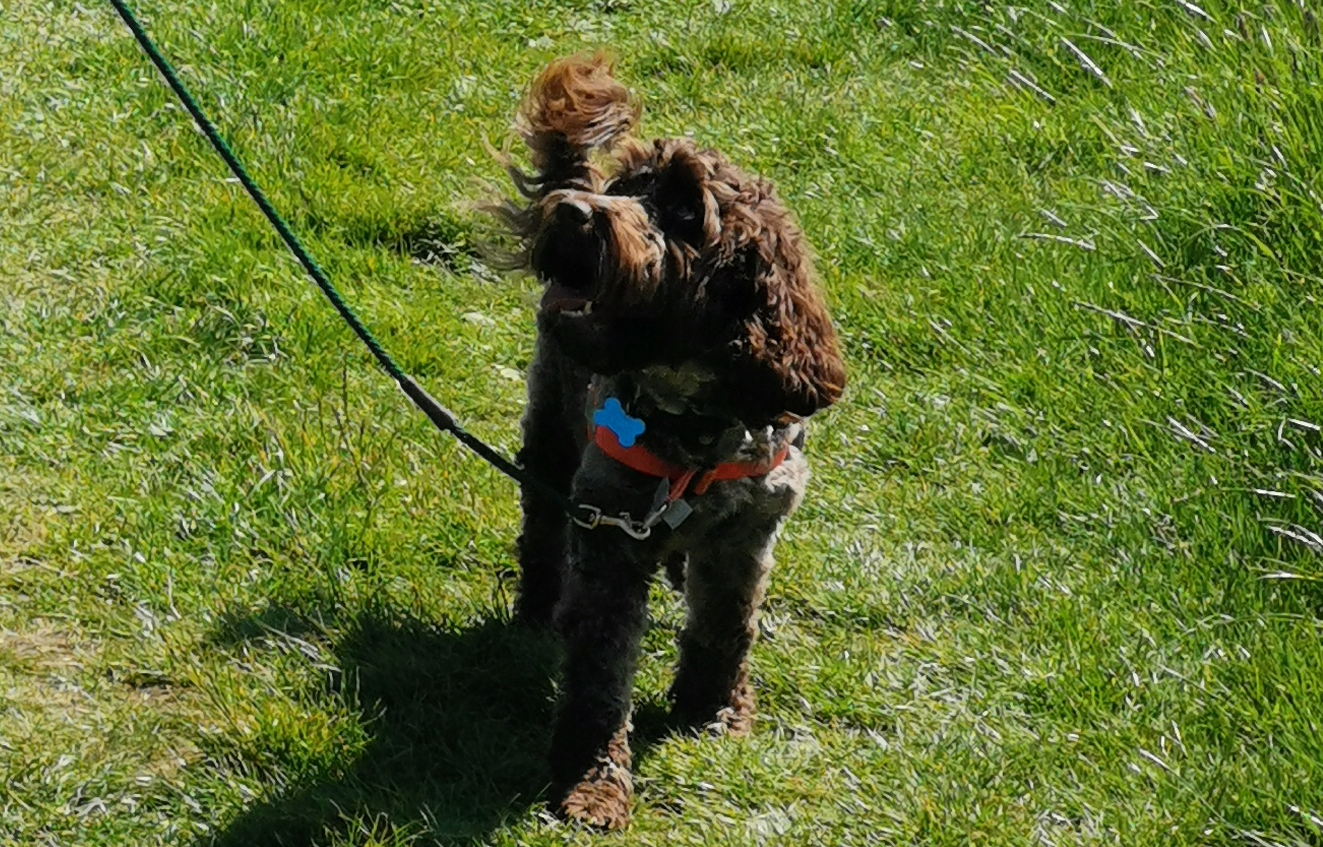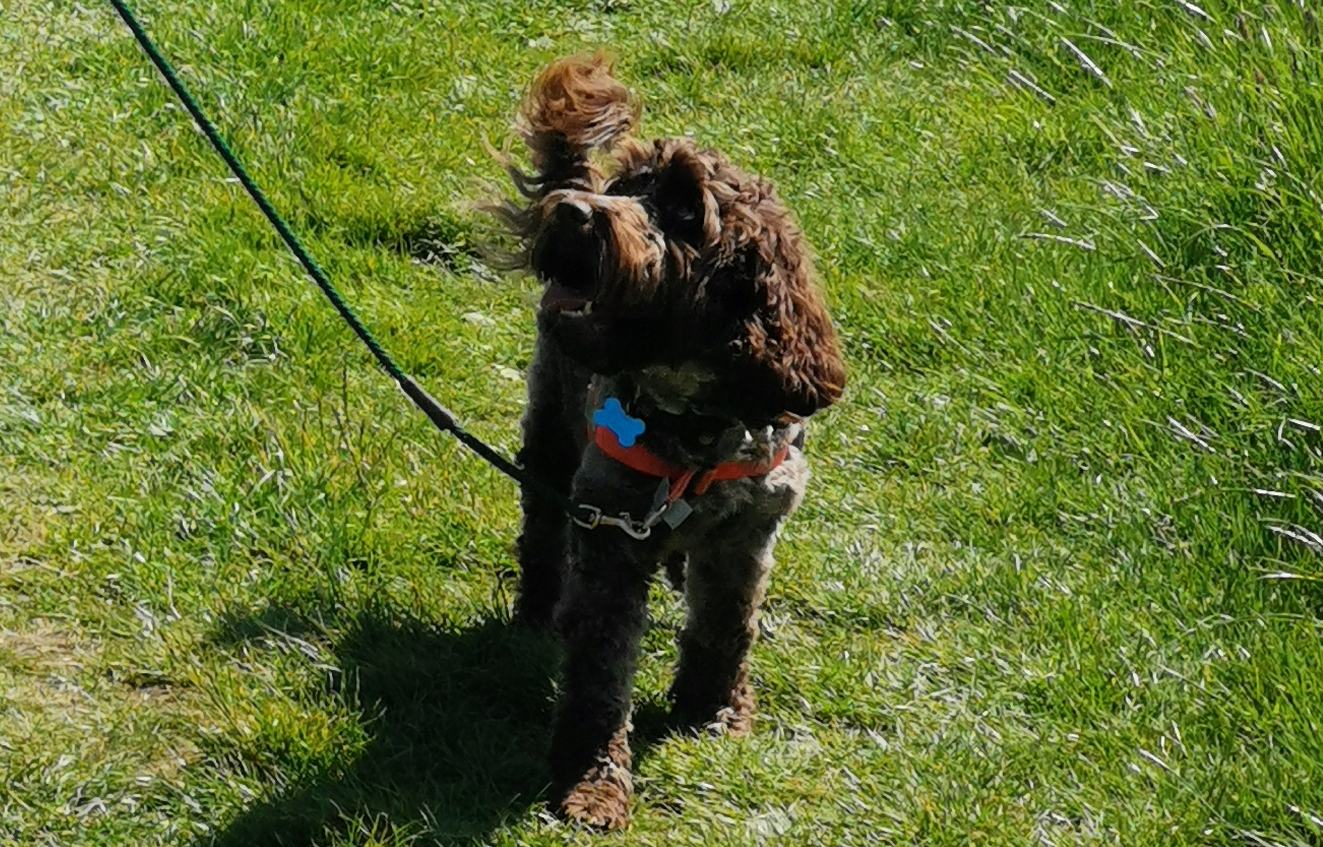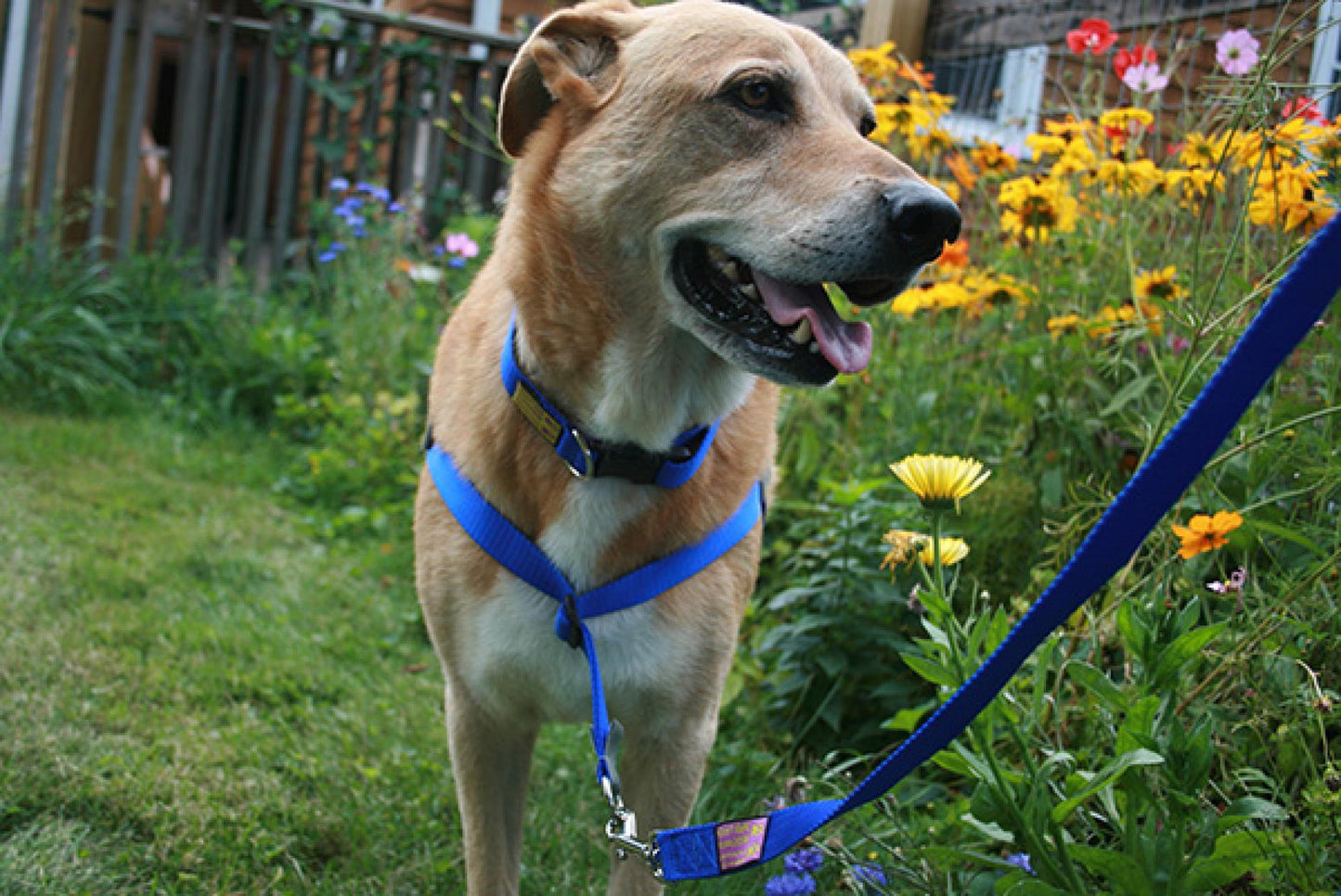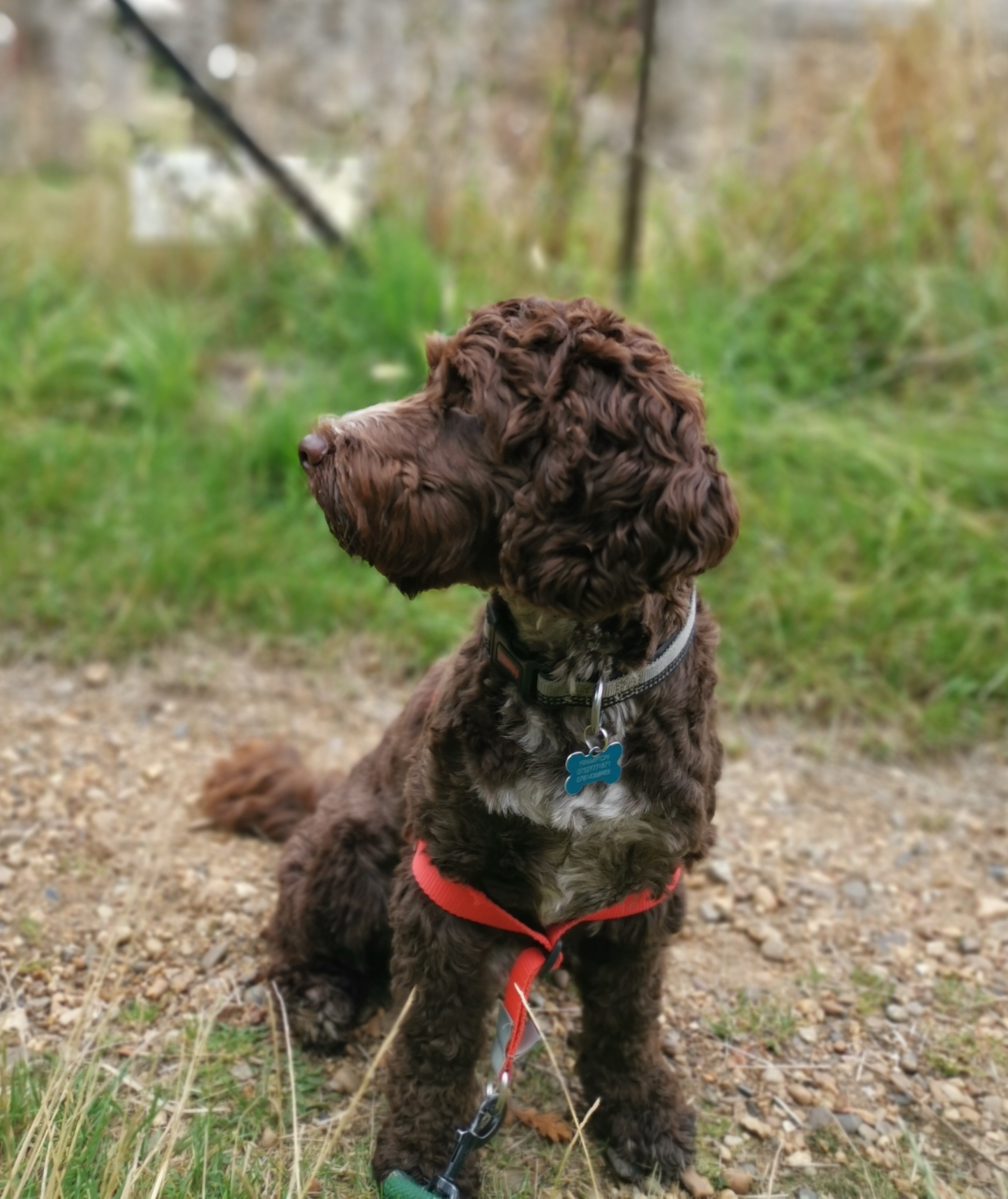Introduction:
As the temperatures drop and winter blankets the world in a layer of frost, it's crucial for dog owners to adapt their care routines to ensure the well-being of their furry companions. Cold weather can present various challenges for dogs, from potential health issues to discomfort during outdoor activities. In this article, we'll explore essential tips for looking after your dog in the cold weather, allowing you to navigate the winter months with confidence and keep your canine friend happy and healthy.
-
Adjust Outdoor Activities: While it's important to keep your dog active, the intensity and duration of outdoor activities may need adjustment during winter. Consider shorter but more frequent walks to prevent overexertion and exposure to extreme cold. Pay attention to your dog's behavior, and if they start shivering or lifting their paws, it's time to head indoors.
-
Protective Outerwear: Depending on your dog's breed and coat type, they may benefit from wearing protective outerwear. Sweaters, coats, and booties can provide insulation and protect against the cold. Ensure that the clothing fits well and covers sensitive areas like the belly and chest. This is especially important for short-haired or smaller breeds that are more susceptible to the cold.
-
Paw Care: Salt and ice melt on sidewalks and roads can be harsh on your dog's paws. After outdoor activities, wipe your dog's paws with a damp cloth to remove any residue. Consider using a pet-friendly paw balm or wax to prevent dryness and protect their paw pads from cracks. Regularly trim the hair between the paw pads to reduce the risk of ice buildup.
-
Warm and Dry Shelter: Ensure that your dog has access to a warm and dry shelter, whether it's an indoor space or a well-insulated doghouse. Avoid leaving your dog outside for extended periods in freezing temperatures. If your dog spends time outdoors, provide a cozy bed, blankets, or straw in their shelter to keep them warm.
-
Hydration is Key: Cold weather doesn't diminish the importance of staying hydrated. Ensure that your dog has access to fresh water at all times. Dehydration can be a concern in winter, especially if your dog is active. Consider using a heated water bowl to prevent water from freezing.
-
Grooming for Warmth: Regular grooming is essential to maintaining your dog's coat health during winter. While longer coats can provide insulation, ensure that the fur doesn't become matted or wet, as this can lead to discomfort and increased susceptibility to the cold. Brush your dog regularly to remove loose fur and distribute natural oils for a healthy, shiny coat.
-
Monitoring for Signs of Cold Stress: Be vigilant for signs of cold stress in your dog, such as shivering, lethargy, and a reluctance to go outside. Older dogs, puppies, and those with certain health conditions may be more vulnerable to the cold. If you notice any concerning symptoms, consult with your veterinarian for guidance on appropriate care.
-
Regular Vet Checkups: Schedule regular veterinary checkups to monitor your dog's overall health during the winter months. Your veterinarian can provide advice on nutrition, address any concerns related to cold-weather ailments, and ensure that your dog is in optimal condition.
Conclusion:
Caring for your dog in the cold weather involves a combination of attentive outdoor management, protective measures, and regular grooming. By following these tips, you can create a winter care routine that prioritizes your dog's well-being and allows them to enjoy the season safely. Remember, each dog is unique, so adapt these guidelines to suit your dog's individual needs and consult with your veterinarian for personalized advice.










